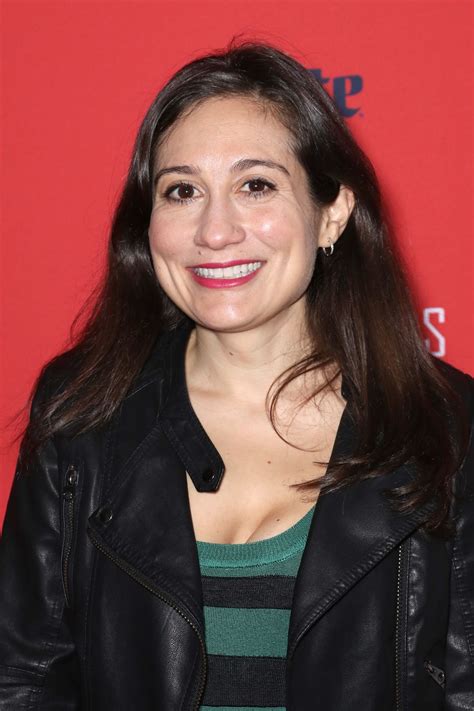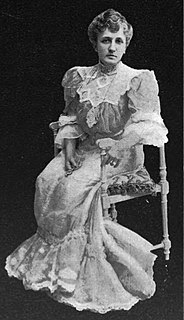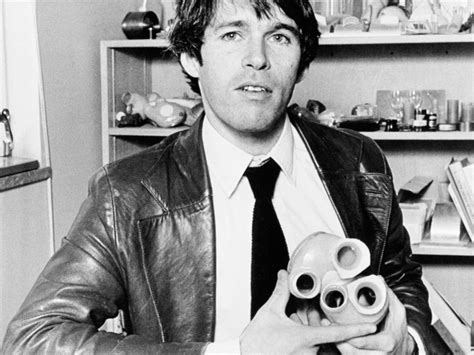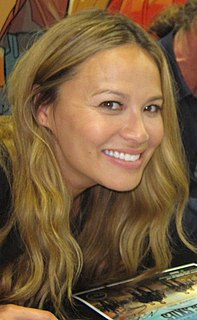A Quote by Lucy DeVito
A lot of times you'll go into a doctor's office and want a kind, non-clinical approach from the physician. Doesn't usually happen.
Related Quotes
Do you think that was kind? Do you think it was godlike? What would you think of a physician, if a woman came to him distressed and said, "Doctor, come to my daughter, she is very ill. She has lost her reason, and she is all I have!" What would you think of the doctor who would not reply at all at first, and then, when she fell at his feet and worshiped him, answered that he did not spend his time doctoring dogs? Would you like him as a family physician?
It's a very collaborative environment [making The Office]. We always do takes of how it's scripted, but then we also mix it up a lot too. And it's kind of a crapshoot, you never know which one... I mean a lot of time improvisation doesn't go anywhere and it's not good at all but, so what was written is often times better.
We have telemedicine where, if you come into our office, you can go downstairs, and there's a machine there and a nurse there, and you talk to a doctor who works from a clinic down the street. It's just going to make a great health care system in the long run. We just have a lot of pains go through.
Doctor Johnson said, that in sickness there were three things that were material; the physician, the disease, and the patient: and if any two of these joined, then they get the victory; for, Ne Hercules quidem contra duos [Not even Hercules himself is a match for two]. If the physician and the patient join, then down goes the disease; for then the patient recovers: if the physician and the disease join, that is a strong disease; and the physician mistaking the cure, then down goes the patient: if the patient and the disease join, then down goes the physician; for he is discredited.
My approach is a bit unconventional because it kind of turns things around. I made a promise to myself at a very early stage that I wasn't going to try and force something into a specific shape. It's a process where I allow the songs to go where they want to go and it doesn't really fit into any kind of genre.
There's a lot of pressure to look good, have the gun, know what you're doing and be one of the boys. I was like, "I don't want to be one of the boys. I want to be a doctor. I want to be cerebral. I want to sit back and just use something else. I don't want to do the stunts. Let the boys do that. I'm just going to be the doctor who's about taking care of other people."
If you decide to go on a Buddhist path, you have to be careful if you start mixing a lot of different traditions you are not totally familiar with - mixing this kind of meditation with that kind of practice or this kind of visualization with that kind of mantra. Then you really are concocting your own thing, and you have no idea what is going to happen.



































